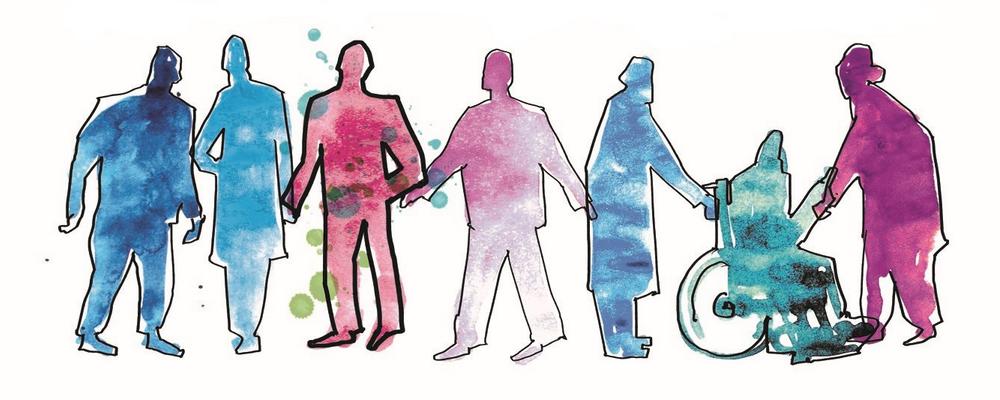GPCC strengthens its research to achieve the goals for the new centre period
The Centre for Person-centred Care GPCC is now starting up new research projects and new collaborations. The projects will strengthen the GPCC's research programme for the new six-year period, which corresponds to the transition to person-centred care that is ongoing nationally and internationally.
Area
Health and
medicine
